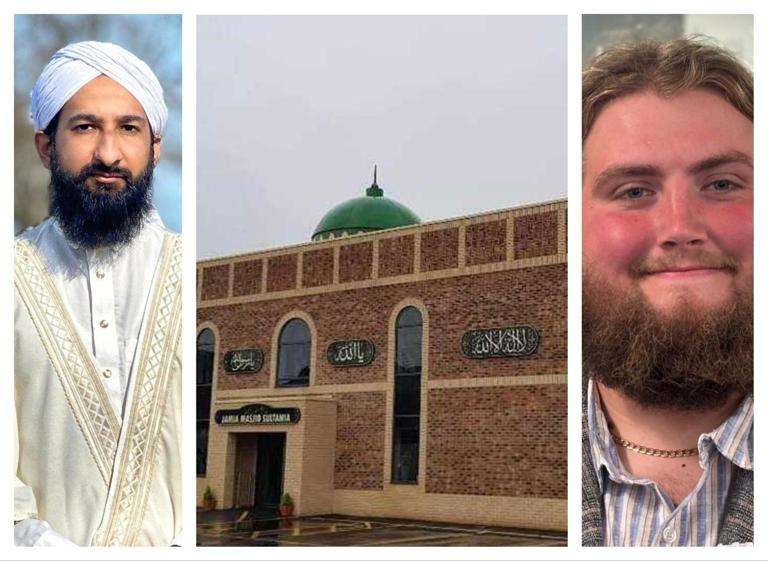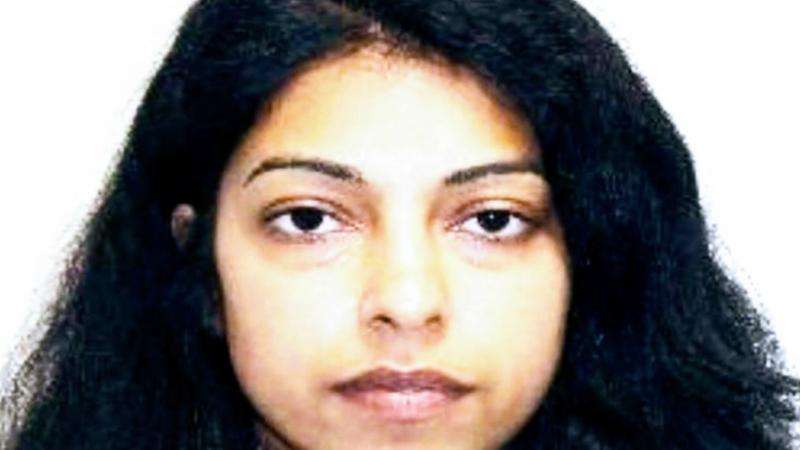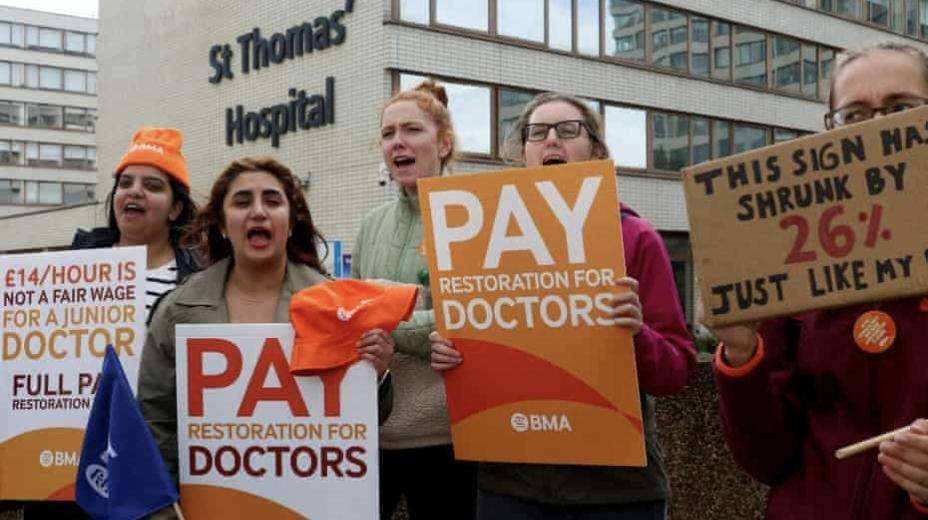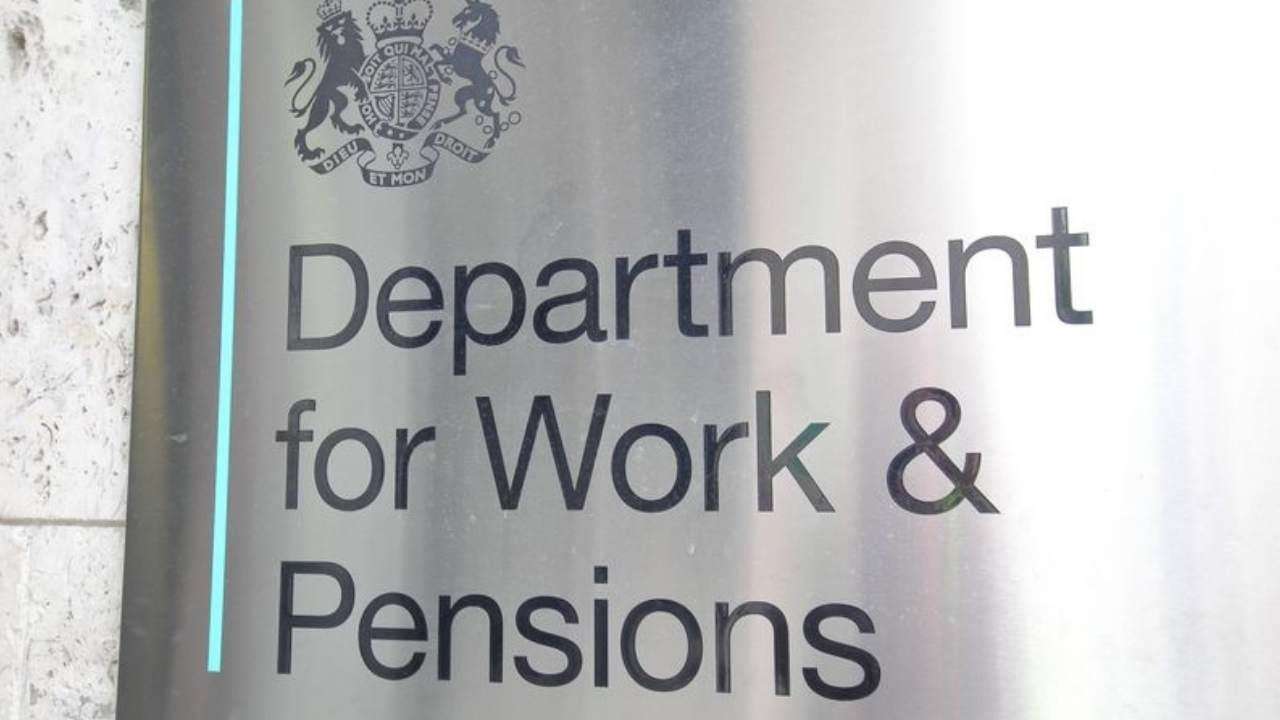A chilling case has concluded at the Old Bailey, where Habiba Naveed, 35, was indefinitely detained in a hospital after bludgeoning her 72-year-old housemate, Christopher Brown, to death in their shared Catford home. The tragic incident, which also saw the fatal stabbing of their pet cat, Snow, occurred on August 14 last year.
Naveed, who has battled mental illness since age 16 and was diagnosed with paranoid schizophrenia in 2020, was in the grip of a severe psychotic episode. Her deeply entrenched delusions included a belief that she is the secret daughter of Princess Diana and Dodi Fayed.
Mr. Brown, a solicitor described by friends as "kind and gentle" but "over-trusting and naïve," was found dead in his living room. His torso and face were covered by a pink dressing gown, while the bloodied body of their cat lay on the doormat.
Following her arrest, Naveed told a doctor she believed Mr. Brown was "evil" and had killed his mother. She recounted hearing a voice commanding her to kill him three times, striking him with a pan, and then strangling him. Despite his pleas, she hit him again, convinced an "evil spirit" had jumped from him into the cat, leading her to stab the animal.
Prosecutor Kerry Broome highlighted Naveed's history of mental health struggles, noting her regular cannabis use despite her condition and inconsistent engagement with treatment. Her erratic behaviour had previously led to detentions under the Mental Health Act, including near Windsor Castle in 2020 and the Houses of Parliament in 2022. In April 2023, a decline in her mental state resulted in another hospital stay, during which she accused Mr. Brown of sinister acts.
Despite claiming to be well and holding a full-time job in May 2024, Naveed admitted in July 2024 to not taking her medication for a year. Growing concerns about her wellbeing were reported by her brother on August 12, and her parents called an ambulance on August 14, though she left before its arrival. Shockingly, hours before the killings, her mental health coordinator spoke to her by phone and deemed her "fine."
Judge Sarah Munro KC, in ordering Naveed's indefinite hospital detention, observed a pattern of "admission to hospital, aggressive and violent behaviour, stabilisation, discharge with proscribed medication which you didn’t take, and you remained stable until the psychosis emerged again." She also noted that while cannabis did not cause Naveed's condition, it "didn’t help."
A lodger at the Catford home heard Naveed arguing with herself on the day of the incident, seeing Mr. Brown shortly after he returned from work, before the two were left alone. After the attack, Naveed appeared covered in blood at a friend's house, later telling her brother she believed she was Jesus and had "won" against the devil.
Mr. Brown's friends paid tribute to his character, revealing his trusting nature led him to make Naveed a joint owner of his home in 2016. At his death, he left substantial debts and an unsettled mortgage. His law firm, where he was the sole solicitor handling family and housing claims, is now set to close.
Naveed pleaded guilty to manslaughter by reason of diminished responsibility.
Habiba Naveed, 35, remains indefinitely detained in a hospital for treatment following her guilty plea to manslaughter by reason of diminished responsibility. Her severe mental health condition, paranoid schizophrenia, has been a long-standing issue since her teenage years, manifesting in profound delusions, particularly her belief in being Princess Diana's secret daughter. While the court proceedings detailed her history of mental health crises, including previous detentions and inconsistent medication adherence, no specific information regarding her ethnic identity has been made public. Her personal life, beyond her shared residence with the victim, Christopher Brown, and the involvement of her family members in reporting concerns, remains largely private in public records.

_8.jpg)

_7.jpg)




.svg)


